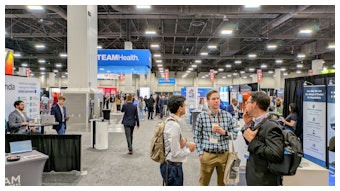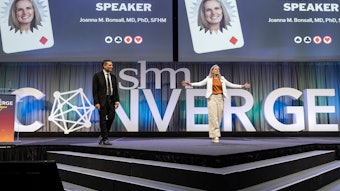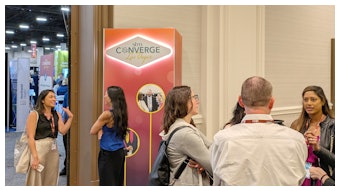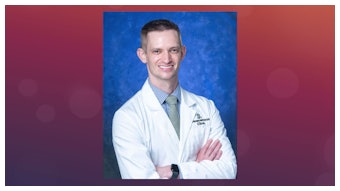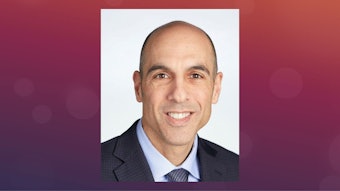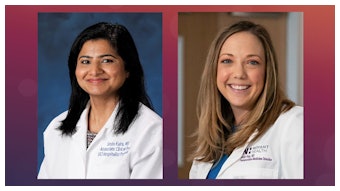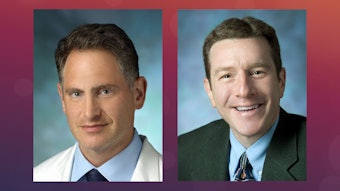Get the latest updates on infectious diseases
From COVID-19 to the overuse of antibiotics, hospitalists need to be ready for what’s coming next.
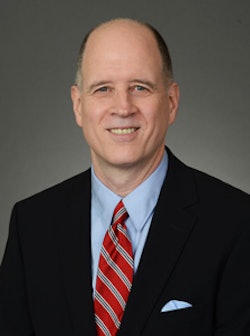
Up to one-third of the clinical care provided by hospitalists involves patients with infectious diseases, making the management of these diseases a must for all hospital medicine practitioners, according to James Pile, MD, SFHM, internal medicine residency program director at MetroHealth Medical Center and associate professor at Case Western Reserve University School of Medicine in Cleveland, Ohio.
Dr. Pile is one of four infectious disease specialists who will take part in a day-long interactive review of key information for hospitalists, “Beyond COVID: What the Hospitalist Needs to Know About Infectious Diseases,” on Thursday, April 7.
“This advanced learning course will provide an excellent review of common inpatient infectious disease entities, address changing recommendations, and touch on more unusual but ‘can’t-miss’ diseases,” Dr. Pile said. “While each of the speakers are infectious diseases specialists, several are also practicing hospitalists with extensive national and regional SHM speaking experience, who have demonstrated the ability to effectively deliver ‘hospitalist-centric’ content.”
The session will be case-based and involve audience interactivity, he said. The infectious disease “pearls” panel talk will be audience-driven, with participants selecting the specific “pearls” they are most interested in hearing about.
Another focal point of the session will be antibiotic stewardship and its role in protecting patients from unnecessary antibiotic use and, ultimately, the potential for antibiotic resistance.
“Our intent is to convince participants that getting involved with — and even steering — antimicrobial stewardship efforts as hospitalists is a key to patient safety and high-value care,” Dr. Pile said.
Infectious disease is a constantly changing field, one that requires frequent updates and reviews. Specific disease updates covered in this session include endocarditis, Clostridioides difficile, pneumonia, infectious disease emergencies, urinary tract infections, and COVID-19.
“We’d be less than truthful if we said we knew what to expect next in the ongoing saga of the COVID pandemic, but that won’t prevent us from making some educated guesses in the COVID-19 panel discussion,” he said.
Ultimately, Dr. Pile wants those attending the session to get information they can put to use right away.
“Our primary goal is that attendees walk away at the end of the day with practical knowledge and skills they can immediately incorporate into their clinical practices,” he said.
Visit SHM Meeting News Central for more coverage.

